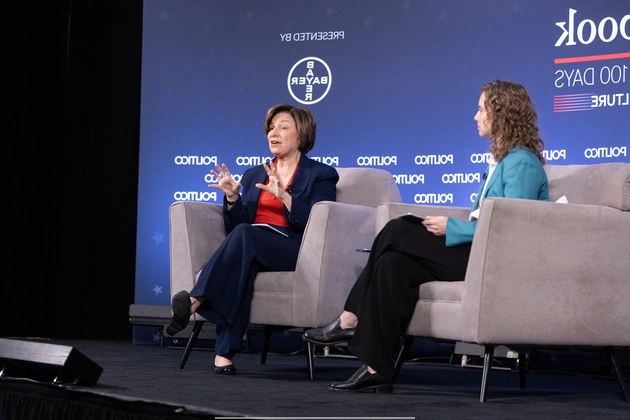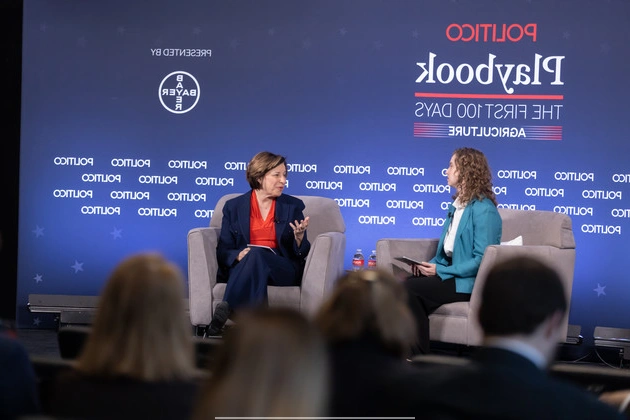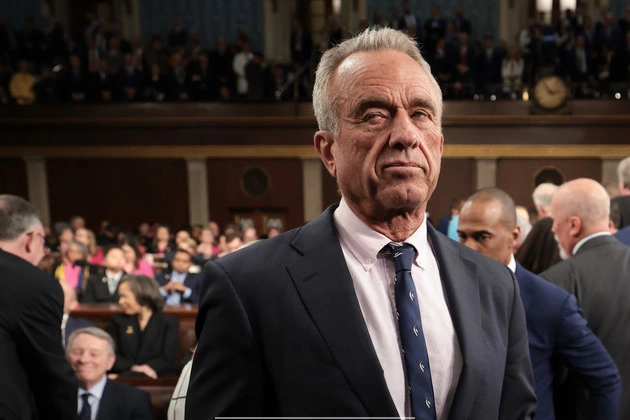
Chuck Schumer, along with Senate Democrats, faces a challenging situation just days away from a potential government shutdown. While publicly pledging not to support the House GOP funding bill without a vote on their preferred plan, behind closed doors, Democrats are considering a compromise. This shift in strategy reflects Schumer’s efforts to unify his caucus amidst internal disagreements over the best approach to counter President Donald Trump’s agenda.
The pressure on Democrats is immense, given the Republican control of Congress and the presidency. The upcoming vote on the House GOP bill will test Schumer’s ability to rally his members effectively. Schumer’s recent call for a short-term spending patch demonstrates his effort to present a united front against the House bill while seeking a bipartisan path forward.
Internally, Schumer’s listening sessions have been crucial in shaping the emerging strategy, which aims to avoid a government shutdown while maintaining Democratic principles. By demanding a vote on a 30-day stopgap bill, Schumer hopes to garner bipartisan support and avoid the political fallout of a shutdown.
While negotiations are ongoing, Schumer’s approach signals a shift away from brinkmanship towards a more collaborative stance. By allowing his caucus members to voice their opinions and participate in decision-making, Schumer is fostering unity and consensus within the party.
As the situation evolves, Democrats are increasingly aware of the risks associated with a government closure. Concerns about empowering President Trump and Elon Musk through a shutdown have prompted some members to reevaluate their stance. Progressive pressure to reject the House GOP bill is mounting, urging Democrats to stand firm on their principles.
Ultimately, Schumer’s leadership will be tested in the coming days as Senate Democrats navigate the delicate balance between resistance and cooperation. By prioritizing a bipartisan approach and seeking common ground, Schumer aims to guide his caucus through this challenging period.
As the political landscape continues to shift, Schumer’s ability to navigate these complex dynamics will determine the path forward for Senate Democrats and their response to the current crisis.















